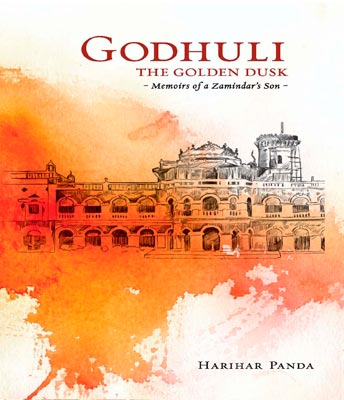The enormous auditorium was tightly packed with people occupying the chairs, narrow spaces in between, and the corners. Once inside, there was no space to move. The main door was barricaded by police and there were people desperately waiting to get inside. People had entry passes, but the hall was running full to its capacity. The auditorium could not accept anymore, and the security had to shut all the doors. The excitement kept building on.
I remember clearly, our hearts were pumping extra blood that day, and each eye was fixed towards the closed doors on the left. When our our hearts couldn’t contain the excitement and were running like a steam-engine of a locomotive, the door near to the stage opened and first entered two burly security men, and behind them entered a meek, smiling man waving enthusiastically at the audience. This was it! This was the moment when our hearts stopped pumping the blood. The entire auditorium, filled with college students & their wards, stood up and started clapping fiercely in unison. The man was none other than the ex-president of India, Dr. A.P.J. Abdul Kalam.

Dr. Kalam went on to the stage and waved his hands for everyone to sit. But who wanted to sit at that moment? Every soul present in the auditorium continued clapping with joy, and the echo kept on increasing. Dr. Kalam, the humble, simple soul stood there on the stage with folded hands and kept thanking the audience. For me, it was the first time when I witnessed what true respect and true love was. There wasn’t a single soul in that large auditorium who didn’t felt what I did, else the echo of the clapping would have been like any other event. After much requesting, people agreed to sit down. I glanced to the left and to the right. Each face was sparkling with immense joy.
Dr. Kalam was there for our graduation ceremony in 2009. He talked like a passionate man. He talked about education for all, development, love, compassion, and service to the nation. We noted his message, we clapped at short intervals, and we were uplifted by his sheer presence. That was the grace and aura of the man.
Dr. Kalam was beyond caste, creed, colour, or religion which, unfortunately, still matter in our country. The scientist, the missile-man, the president, and the passionate patriot resided in each of our countrymen’s heart. He was the pride of our nation. We loved to talk about him, we loved his ideas. And above all, he was the only lotus in the murky waters of Indian politics.

Sadly, yesterday night came the bad news: Dr. Kalam left us for his higher journey. This broke something in my heart, a feeling I haven’t felt since long. A constant pang is striking me now, as if I’ve lost someone my own, someone I loved deeply and cared for. But then every journey has an end so that we can begin anew. Our hero, I’m sure, by now must be smiling in his new abode, as he did while with us, and must be showering love & compassion on everyone around. I won’t say goodbye or rest in peace, because Dr. Kalam will always be in our hearts. He’ll never depart.




